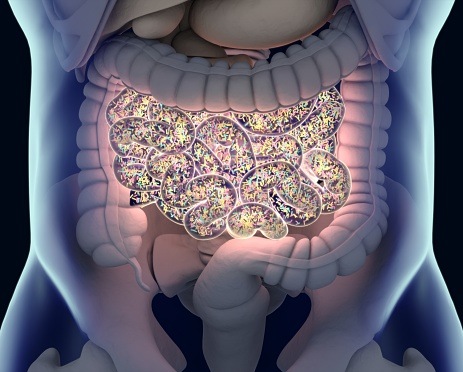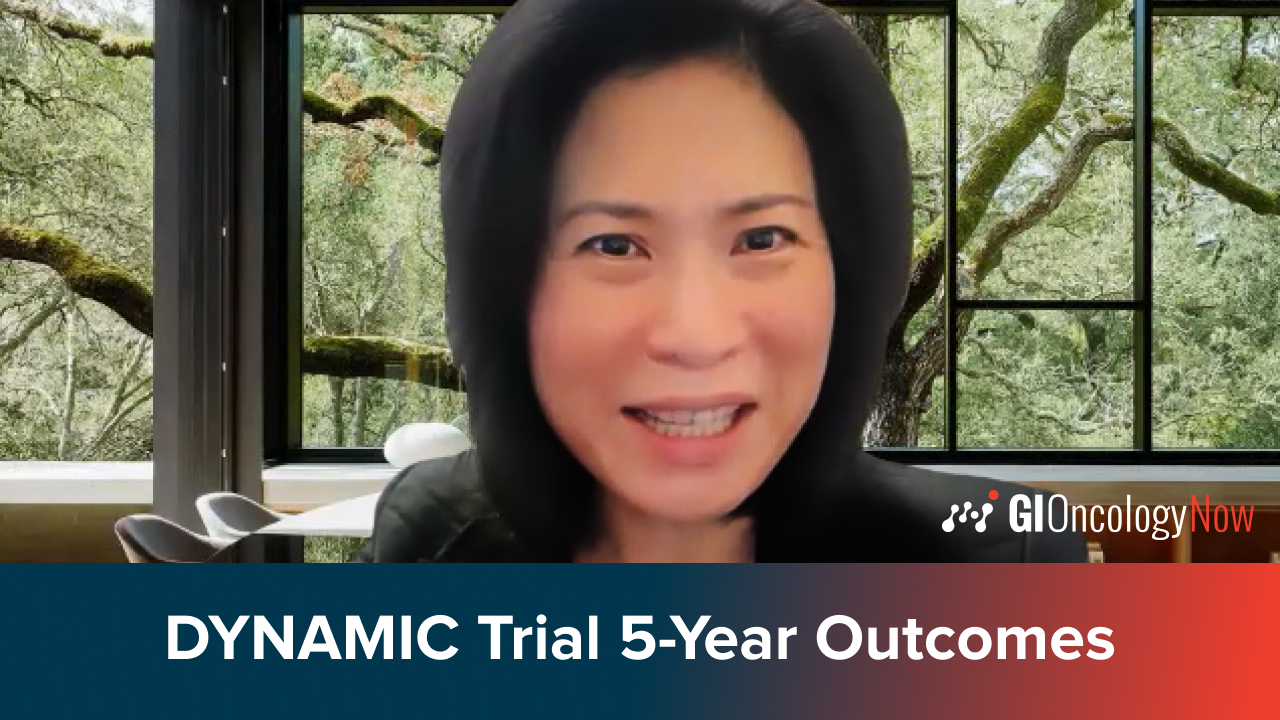
Combination amivantamab plus chemotherapy shows “encouraging” and durable antitumor activity, along was a manageable safety profile, for anti-EGFR-naïve RAS/RAF wild-type metastatic colorectal cancer (mCRC), according to results of the open-label phase Ib/II OrigAMI-1 study presented at the European Society for Medical Oncology Congress 2024.
Amivantamab is an EGFR-MET bispecific antibody with immune cell-directing activity. It has demonstrated promising monotherapy activity in patients with relapsed or refractory mCRC. While standard-of-care therapy for RAS/RAF wild-type mCRC is 5-FU-based doublet or triplet chemotherapy (FOLFOX or FOLFIRI) with or without biologics, amivantamab may offer improved outcomes with manageable safety due to its unique mechanism of action.
Dr. Filippo Pietrantonio and colleagues designed the OrigAMI-1 study to assess the safety and efficacy of amivantamab (1,050 mg) plus mFOLFOX6 or FOLFIRI in anti-EGFR-naïve RAS/RAF wild-type mCRC. A total of 44 patients were sampled with confirmed wild-type for KRAS, NRAS, BRAF, and EGFR ectodomain by ctDNA testing, without ERBB2/HER2 amplification. Patients had received no more than one prior line of therapy in the metastatic setting.
As of April 8, 2024, 21 patients received amivantamab plus FOLFOX and 23 received amivantamab plus FOLFIRI at a median follow-up of 3.9 months and 4.4 months, respectively. Dr. Pietrantonio and colleagues reported that the best timepoint response rate was 63% and 48%, respectively. The median duration of response among confirmed responders was not estimable and 6.5 months, respectively.
Furthermore, the researchers noted that rash and neutropenia were the most frequent treatment-emergent adverse events and no new safety signals were observed.
“Amivantamab plus chemotherapy demonstrated encouraging, durable antitumor activity and a manageable safety profile in anti-EGFR-naïve RAS/RAF wild-type mCRC,” they concluded.







 © 2025 Mashup Media, LLC, a Formedics Property. All Rights Reserved.
© 2025 Mashup Media, LLC, a Formedics Property. All Rights Reserved.